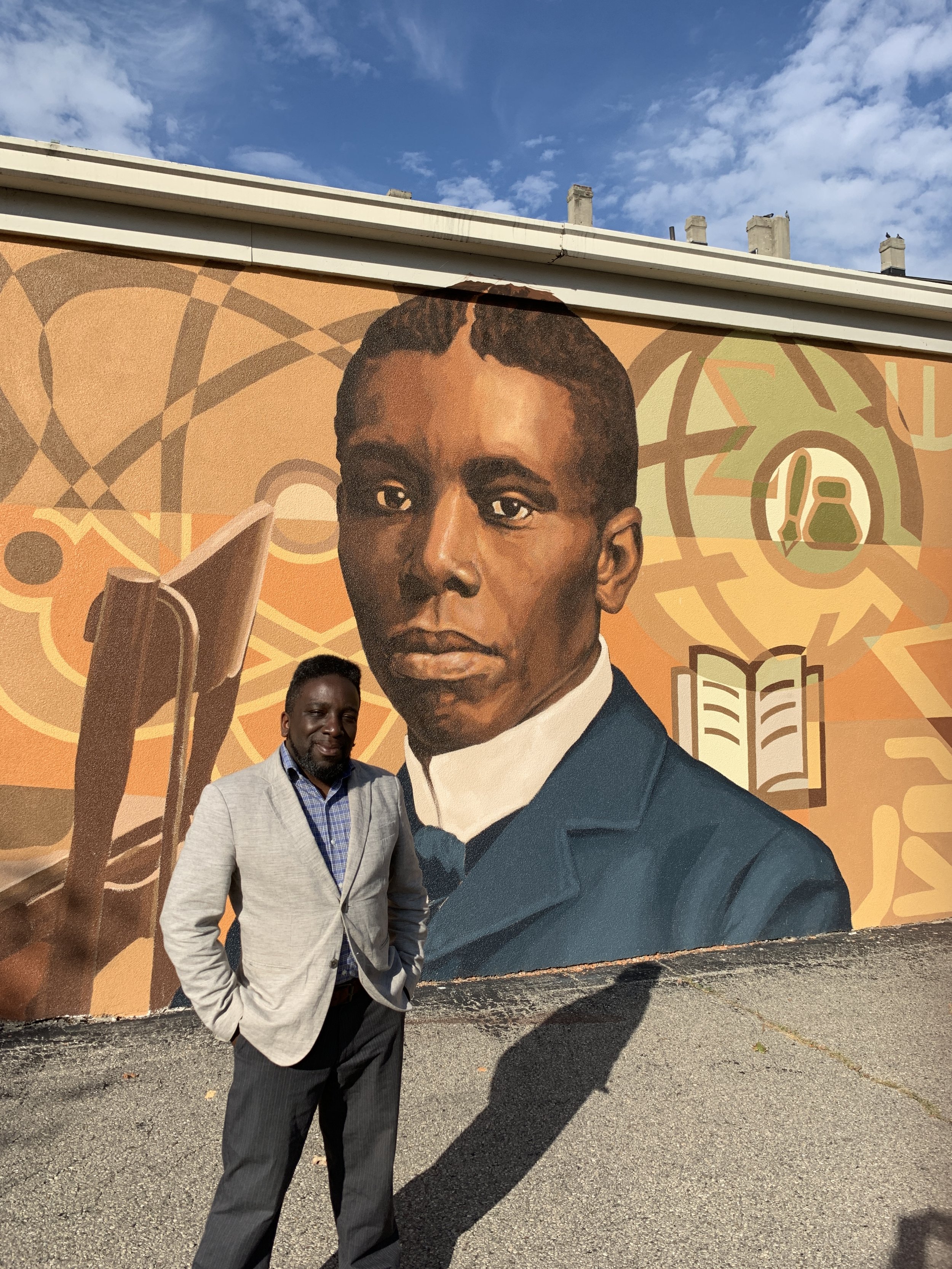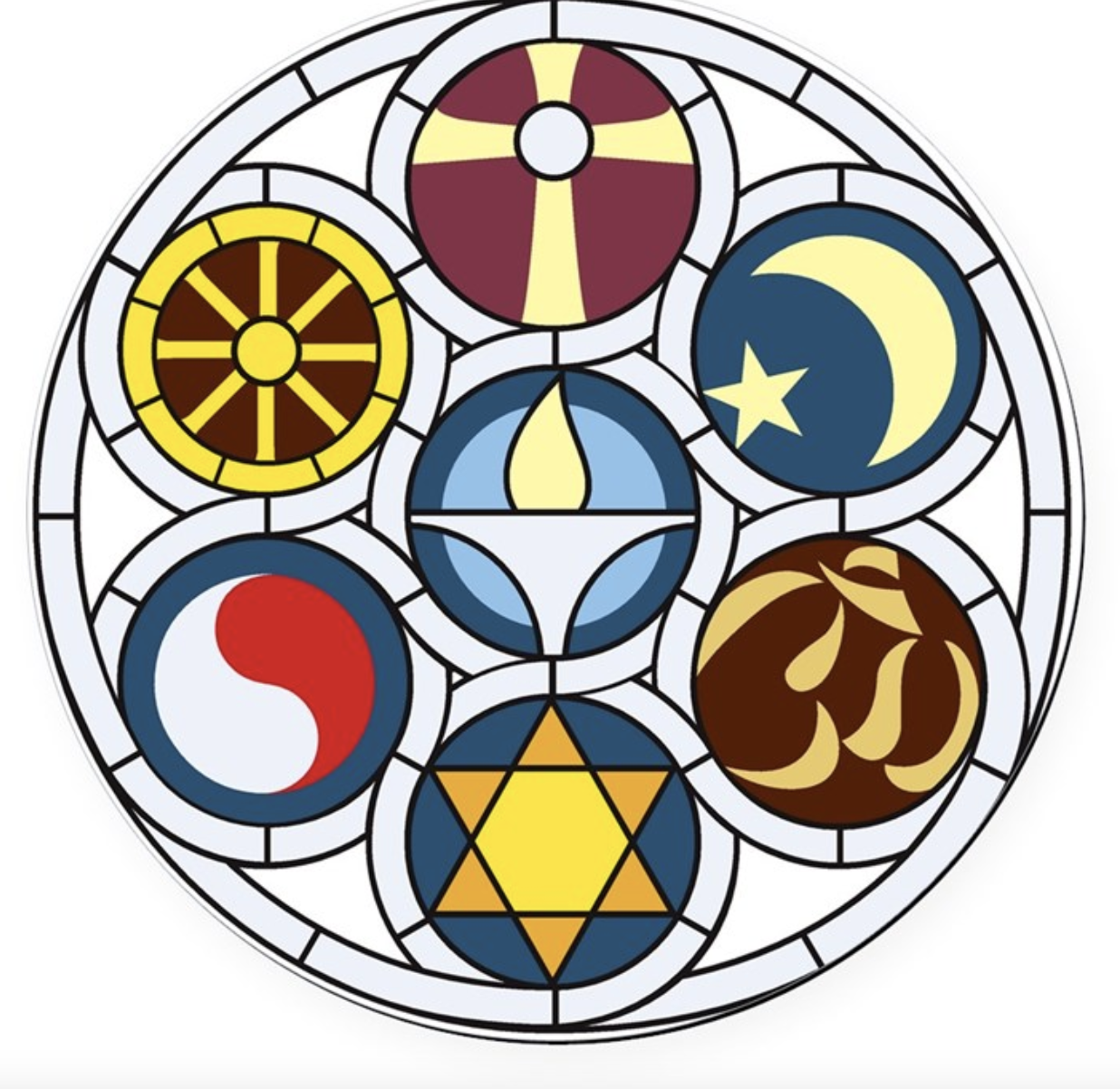Theology
My theology is inspired by my ancestral African American roots and by liberation, postcolonial, and queer theologians.
“To acknowledge our ancestors means we are aware that we did not make ourselves, that the line stretches all the way back, perhaps to God; or to Gods. We remember them because it is an easy thing to forget: that we are not the first to suffer, rebel, fight, love and die.”
- Alice Walker (b. 1944)
My theology draws from African American Survival Theology, which comes from the social and cultural experiences of my ancestors and from southern black communities that migrated North to be free from the racial oppression and suppression, only to find more of it. We need more hope, more joy, more love to be resilient--- to survive. And this survival theology still follows me as it rings in the heart of most marginalized communities and is embodied in worship.
I am currently exploring, with spiritual direction, Spiritual Humanism. Spiritual humanism incorporates spirituality with humanistic values, emphasizing ethical living, reason, and human potential without sole reliance on supernatural beliefs. It acknowledges the human need for meaning and connection while remaining grounded in scientific inquiry and a focus on human well-being. I am growing to believe that we can construct our own spiritual meaning, finding it in our relationships with others, ancestors, nature, and the world around us. This is my current spiritual journey, and why I will remain a Unitarian Universalist, which gives us the freedom and privilege to search for truth and meaning.
“The role that I have as a minister in a congregation that has multiple theologies, worship and preaching must reflect the pluralistic nature of the congregation. Truth and meaning and challenges can come from many sources and draws folk to UUism because of that. My role is to cultivate the search for truth and meaning and make space for the religious and non-religious alike.”
Coming from a faith that focused on the fear of God and being sent into the fiery pits of hell for even the finite sin, the concept of all people reconciling with the divine and being welcomed into loving arms was comforting as my previous faith taught that my sexuality was a dire sin. Instead, embrace the first principle of Unitarian Universalism that affirms my inherent worth and dignity whereas my previous theology repudiated it.
To be saved meant to be freed from sin and living a life free from it to enter into heaven based on my Christian Holiness roots, but the Pentecostal roots called for a visible conversion experience with spiritual physical evidence- speaking in tongues, dancing in the spirit or “shouting,” and be set apart from non-believers. Again, contrasts many depictions of Jesus and a loving Divine. However, my theology agrees with the late scholar of Comparative Religion, Wilfred Cantwell Smith, who defined salvation as “simply as having the ability to perceive our current life as meaningful, in contrast to nihilism and ultimate despair.” Being present, being mindful, and seeing this life as meaningful is salvation. And it's universal.
Merging African American Survival Theology with the Universalist theological belief in collective salvation can only be truly achieved through universal oneness, unity, in other words, collective sacrifice to make meaningful life and move us forward toward true freedom. Drawing from our traditions and working in all the ways possible together as a species for the sake of universal salvation calls us to the collective sacrifice of our resources, individuality, ego, power, privilege, and control is “a collective practice.” Universal salvation in my current theology is freedom. Freedom from the hell of homelessness, the hell of poverty, the hell of racism, the hell of war, the hell of violence and abuse, the hell of depression, and helplessness. This is one thing my constructed theology is calling us now. And if we can achieve this, we can dismantle racism and other oppressions within ourselves and our institutions. As survival is essential for social justice, so is collective sacrifice.
As I continue on this journey of truth and meaning, I say with conviction, “I am a Unitarian Universalist and proud of it.”




